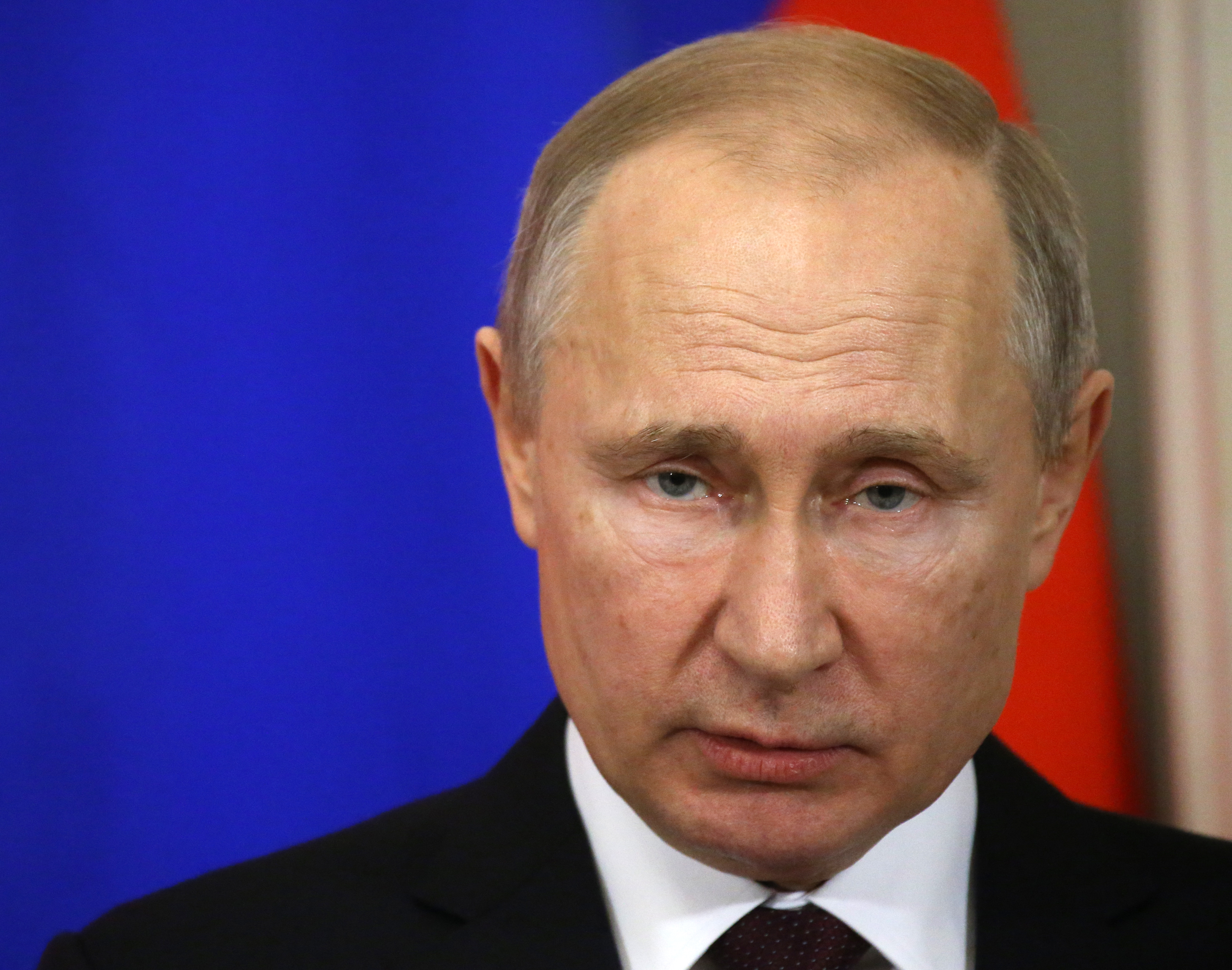Sooner or later, we will defeat COVID-19. Immunity will develop among those, the vast majority, who survive it. Testing will reduce the need for wholesale self-isolation. Safe and effective treatments will be developed along with a vaccine. The virus, now running amok, will find the world less and less hospitable to its reproductive needs.
How many lives it will have taken or damaged in the interim is unknowable at this point. The losses, human and economic, look to be staggering: possibly millions of lives, certainly trillions of dollars. One of the many variables that will determine the final bill is how the pandemic plays out here in Africa—as well as other settings with dense urban populations, frail public health systems, inadequate infrastructure, widespread poverty and spotty governance.
If you need to wash your hands many times a day, it helps to have a tap close by and lots of soap. How do you self-isolate when you're sharing a shack with half a dozen or more family members representing multiple generations? To feed that family you have to go to work. How do you stay six feet from your fellow passengers in the packed minibus or from the driver of the boda-boda motorcycle that may be your only means of getting there?
It has been said that when the industrialized north catches a cold, Africa catches pneumonia. But what happens when it's the north that catches a highly infectious form of pneumonia, not only figuratively but quite literally, and gives it to Africa? We are about to find out.
No one can say we did not see this coming. In a TED talk he gave during the 2014-16 Ebola outbreak in West Africa, Bill Gates said: "If anything is going to kill 10 million people in the next decade it is likely to be a virus, not a war, not missiles but microbes." While we had invested billions in nuclear deterrence, the Microsoft founder continued, "we have invested very little in a system to stop an epidemic."
History is replete with prophets unheard and policymakers doggedly preparing for the last war rather than the one that is actually about to hit them. The novel coronavirus simply marched round our collective Maginot lines.
Coming after SARS and MERS and H1N1, Ebola, by far the most horrifying in its efficiency as a killing machine, should have been the wake-up call Gates wanted it to be. But, thanks to the extraordinary skill, resourcefulness and courage of local health workers and Medecins Sans Frontieres, it was largely contained away from urban areas and before it could cross oceans. Of the 11 patients treated for Ebola in the US during that outbreak, just one died. On the ground in Africa the death toll was 11310, terrible but not enough to shift our priorities decisively.
So now we are in the thick of a world war we should have seen coming but didn't. Is it going to end like World War I with a deeply flawed and non-inclusive Treaty of Versailles that does little more than guarantee another war, as Keynes warned at the time? Or will we try to build something lasting on the ashes—as statesmen did at the end of World War II, when they established a robust and wholly new global architecture around institutions like the United Nations, the World Bank and the International Monetary Fund, and when America launched the Marshall Plan?
The COVID-19 crisis is about much more than a virus. It's about how we live together in a shrinking and increasingly crowded and interconnected biosphere when a virus on one side of the planet can, in a few hours, show up and trigger a pandemic on the other side—even before a single symptom is evident.
Integrating Africa's fragile markets and strengthening her weak systems into our highly interdependent global economy stand to benefit everyone. Failing to do so will make everyone poorer.
Let me stress that this is true about every region. Politics in Europe have been convulsed by migrations triggered by poverty, misrule, environmental degradation and conflict thousands of miles from Europe's borders. Our own politics have been poisoned because our wealth and stability make us seem like a promised land to millions caught in failing states to our south. It has not helped that in an interconnected yet deeply unequal world of containerized trade and instant communications, our workers have found themselves having to compete with workers willing to be employed for a fraction of an American living wage.
COVID-19, like climate change, is trying to tell us something. Its message is that our survival as a species depends on us not building walls against each other, or calling each other names or whipping up fevered nationalism to win elections. It demands that we recognize that we are mutually dependent like never before in our history and act accordingly.
Rosa Whitaker is a former Assistant US Trade Representative for Africa and career US Diplomat, currently residing in Ghana. She is the president of The Whitaker Group, a transaction advisory and project development firm focused on Africa.
The views expressed in this article are the author's own.
Uncommon Knowledge
Newsweek is committed to challenging conventional wisdom and finding connections in the search for common ground.
Newsweek is committed to challenging conventional wisdom and finding connections in the search for common ground.
About the writer
To read how Newsweek uses AI as a newsroom tool, Click here.





